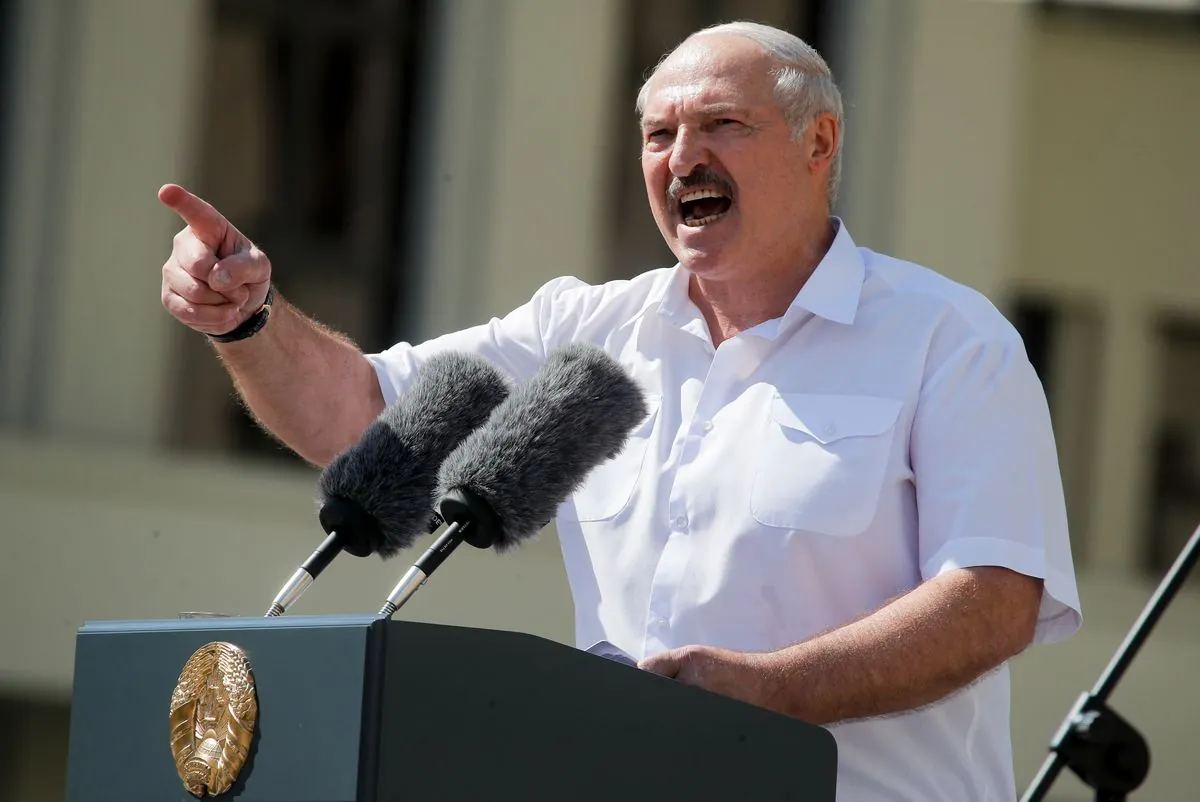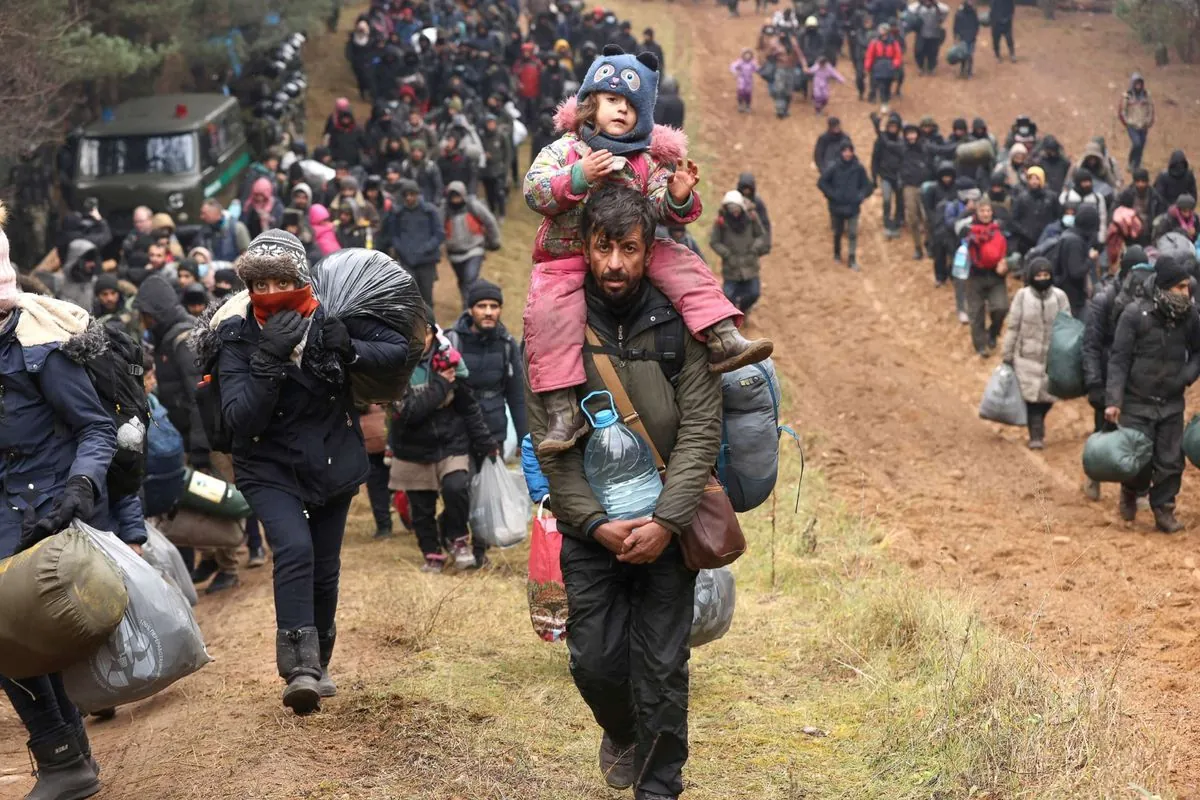Lithuania Urges ICC Probe into Belarus for Alleged Human Rights Abuses
Lithuania has called on the International Criminal Court to investigate Belarus for alleged crimes against humanity under Alexander Lukashenko's rule. The move comes amid claims of forced deportations and persecution.

In a significant diplomatic move, Lithuania has formally requested the International Criminal Court (ICC) to launch an investigation into its neighbor, Belarus, over alleged crimes against humanity. This action, taken on September 30, 2023, targets the regime of Alexander Lukashenko, who has been at the helm of Belarus since 1994, making him Europe's longest-serving head of state.
The Lithuanian justice ministry's appeal to the ICC focuses on accusations of "forced deportation, persecution of persons and other cruel behavior" under Lukashenko's rule. These allegations strike at the core of international law norms and highlight the ongoing human rights concerns in Belarus.
Sviatlana Tsikhanouskaya, the exiled Belarusian opposition leader currently based in Lithuania, has thrown her support behind this initiative. Tsikhanouskaya, who ran against Lukashenko in the contentious 2020 presidential election, asserts that approximately 300,000 Belarusians have been compelled to flee their homeland. This exodus represents a significant portion of Belarus's 9.4 million population, underscoring the scale of the alleged persecution.

The 2020 Belarusian presidential election, now over four years ago, remains a pivotal moment in the country's recent history. The official results, which declared Lukashenko the winner, were widely denounced as fraudulent by both the opposition and Western governments. The aftermath saw mass protests that were met with a severe crackdown by Belarusian security forces, resulting in thousands of arrests and forcing many to seek refuge abroad, particularly in neighboring countries like Lithuania.
Lithuania's decision to bring this case to the ICC is rooted in its own security concerns. With over 60,000 Belarusians now residing permanently within its borders, many of whom claim to have experienced or continue to face pressure from the Belarusian regime, Lithuania argues that the forced deportation of people directly impacts its national security interests.
It's worth noting that Belarus, like its close ally Russia, is not a member of the ICC. However, this doesn't preclude the court from potentially taking action, as demonstrated by its recent moves against Russian officials in connection with the ongoing conflict in Ukraine, which began in February 2022.
Lithuanian Justice Minister Ewa Dobrowolska drew parallels between the situations in Belarus and Russia, stating, "Putin is not the only one who must end up on the bench at the court in The Hague. That is also the place for all his henchmen, which contribute to international crimes in Ukraine and elsewhere."
This call for accountability comes at a time when Belarus's role in the region is under increased scrutiny. The country's strategic position, sharing borders with Russia, Ukraine, Poland, Lithuania, and Latvia, makes it a key player in Eastern European geopolitics. Moreover, Belarus's involvement in the Ukraine conflict, allowing Russian forces to use its territory as a staging ground, has further complicated its international standing.
"The crimes committed by this regime, from forced deportations to illegal arrests and torture, cannot go unpunished. Lithuania's courage gives us hope that the world is finally holding the regime accountable for its atrocities."
As the international community watches closely, the outcome of Lithuania's request to the ICC could have far-reaching implications for Belarus, its leadership, and the broader region. The situation underscores the ongoing challenges to democracy and human rights in what has often been referred to as "Europe's last dictatorship," a moniker that reflects the authoritarian nature of Lukashenko's long-standing rule.
The case also highlights the complex interplay between national sovereignty, international law, and human rights. As Belarus continues to navigate its relationship with Russia and the West, the potential ICC investigation adds another layer to the country's already complicated international position.


































